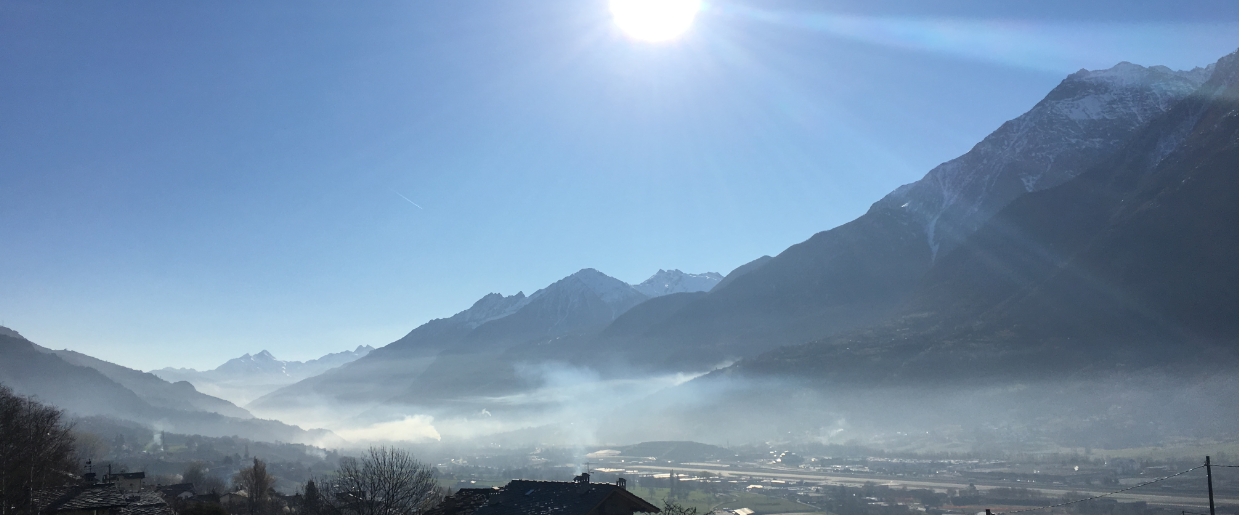The goal of the Interreg-Alpine-Space-Project BB-Clean is a sustainable use of biomass heating systems in the households of the alpine region. The burning of biomass causes constant particulate matter emissions of which the population and the local authorities are often unaware. The BB-Clean project tackles this problem by the means of particulate matter analysis, workshops, information events and particulate matter measuring campaigns whilst involving the local population.
BB-Clean project meeting in Bled
Pressing issues in a spectacular environment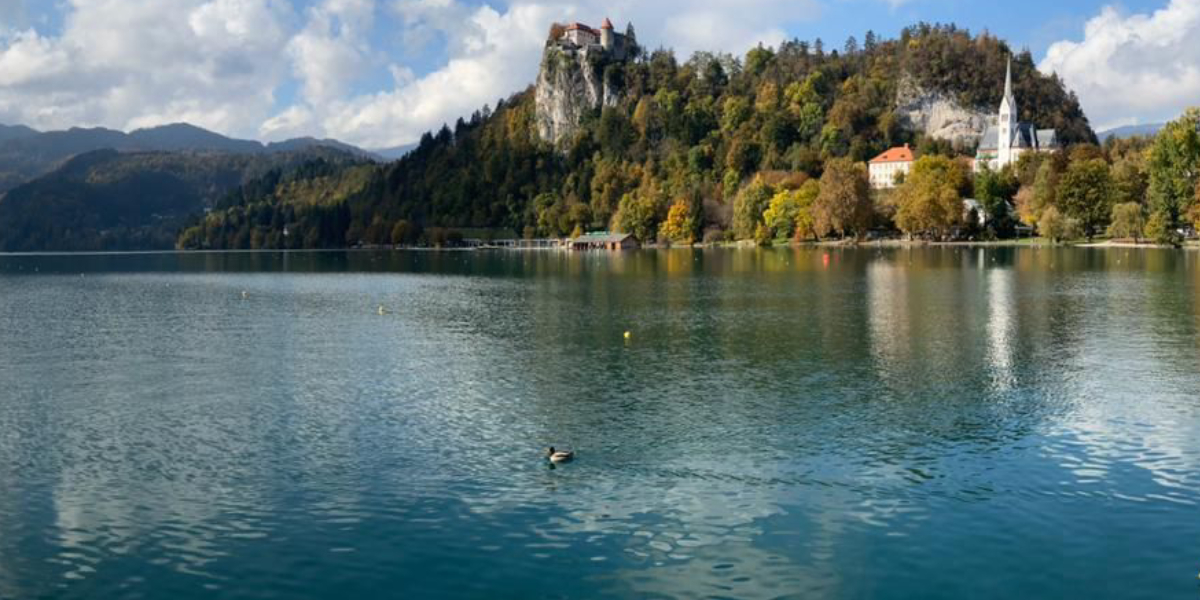
The days are getting shorter and colder, winter is coming and therewith the heating period. Especially in the alpine region the issue of heating as a source for particulate matter and environmental pollution is becoming a main focal point.
Bled: beautiful ambience for a climate-relevant topic
In October 2019 the project team comprising partners from Austria, Italy, Slovenia and France got together in beautiful Blend in Slovenia with the intention of discussing the latest project results, exchanging experiences and discussing further measures. From the institute of “Energy, Transport and Environmental Management” Ulrike Zankel-Pichler, Jeannine Schieder, Christof Sumereder and Josef Bärnthaler are engaged in this climate-relevant topic and presented the latest results of the FH JOANNEUM.
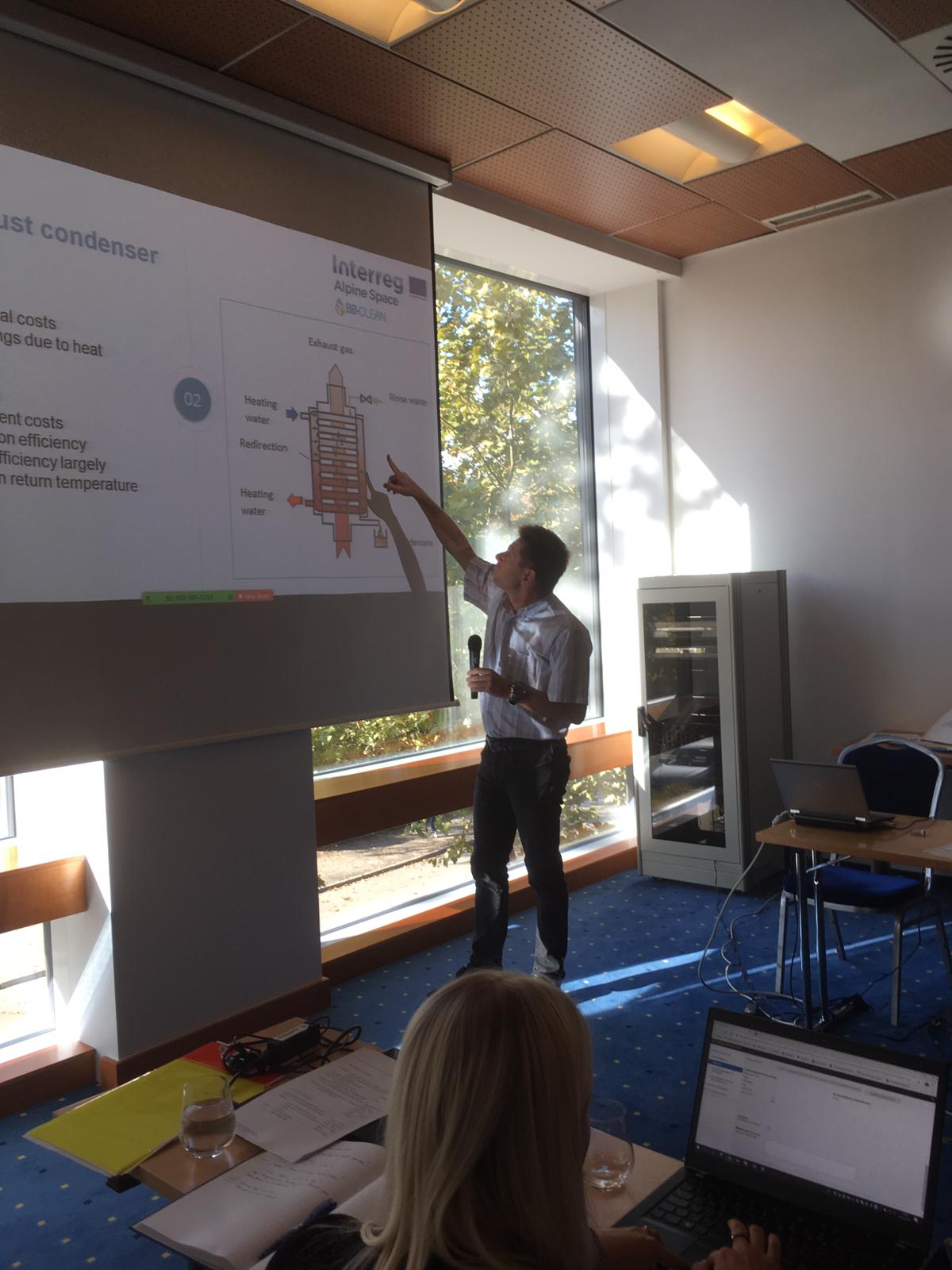
Josef Bärnthaler presented the latest technologies to reduce particulate matter emissions
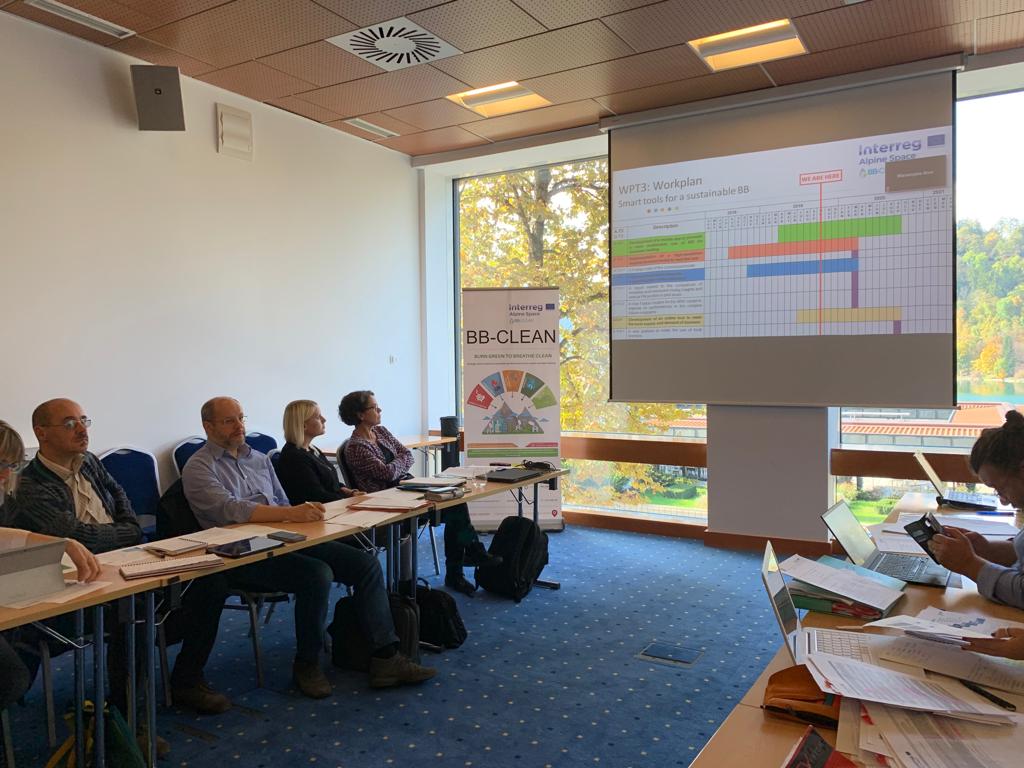
The project team discussed activities for the next heating season
The researchers spent the last year analysing the sources of particulate matter. Thanks to the newest technologies increasingly smaller particles can be analysed and allocated to the sources biomass and transport. In the partner community Thörl a black carbon monitor is momentarily measuring the particulate matter concentration at the beginning of the heating period. The Austrian project team will further receive 15 Airbeam measuring devices for a measuring campaign in winter. These portable devices can be used to depict the particulate matter concentration in the daily life of a citizen. Moreover, the researchers Jeannine Schieder and Ulrike Zankel-Pichler are going to offer workshops for students, local schools and interested participants of the population. The aim of these workshops is to gather and analyse data concerning particulate matter in different regions and to compare the results with those of the other project countries.
Outlook 2020
The intercultural and scientific exchange between various research institutes is part of the project. Therefore, the Austrian project team wants to return the favour for the hospitality in Blend by organising the next project meeting at the FH JOANNEUM in Kapfenberg, the location of the institute “Energy, Transport and Environmental Management”. The project team has definitely gathered a few lasting impressions of Bled, the lake and the cuisine.
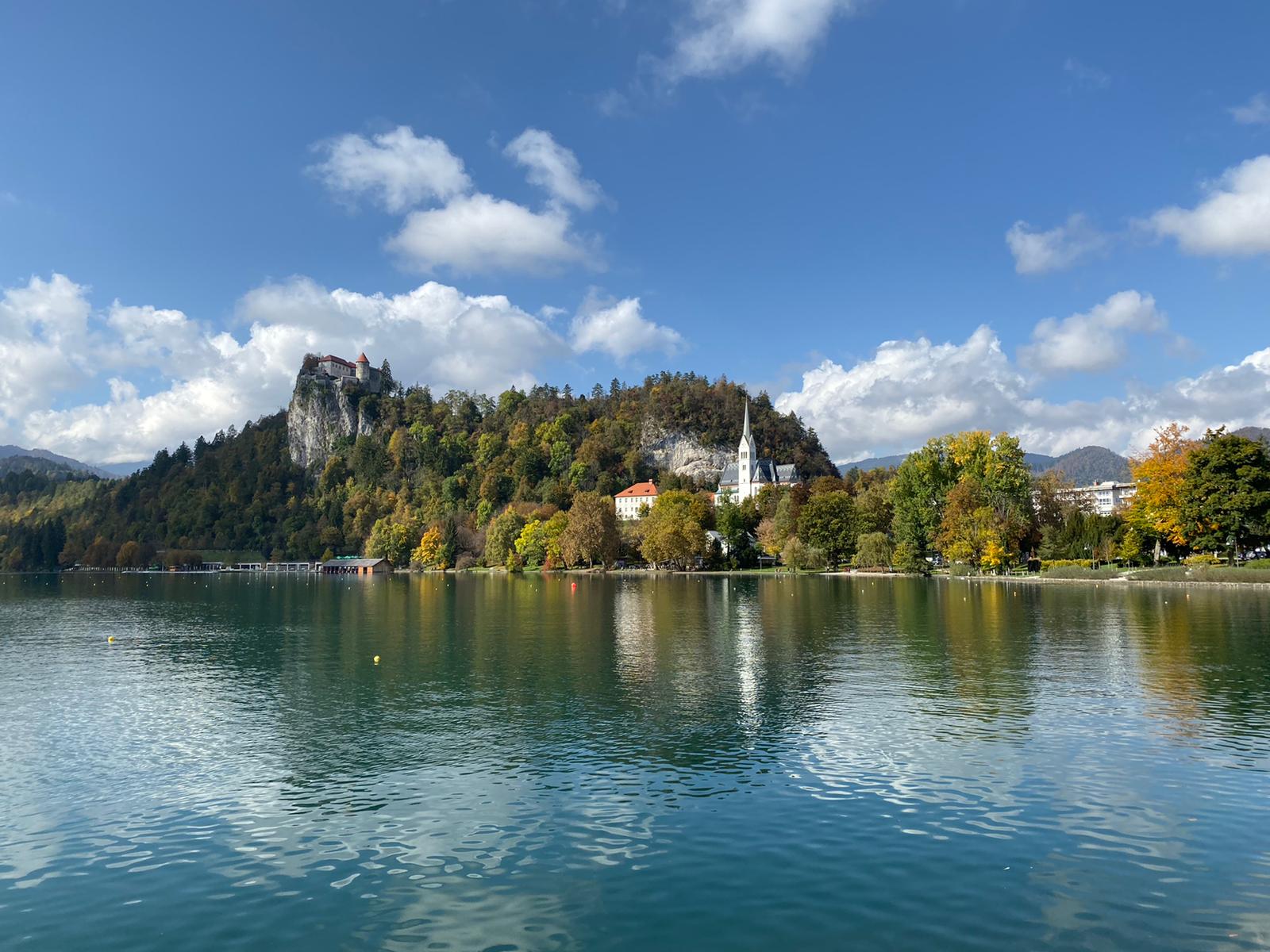
Bled lake
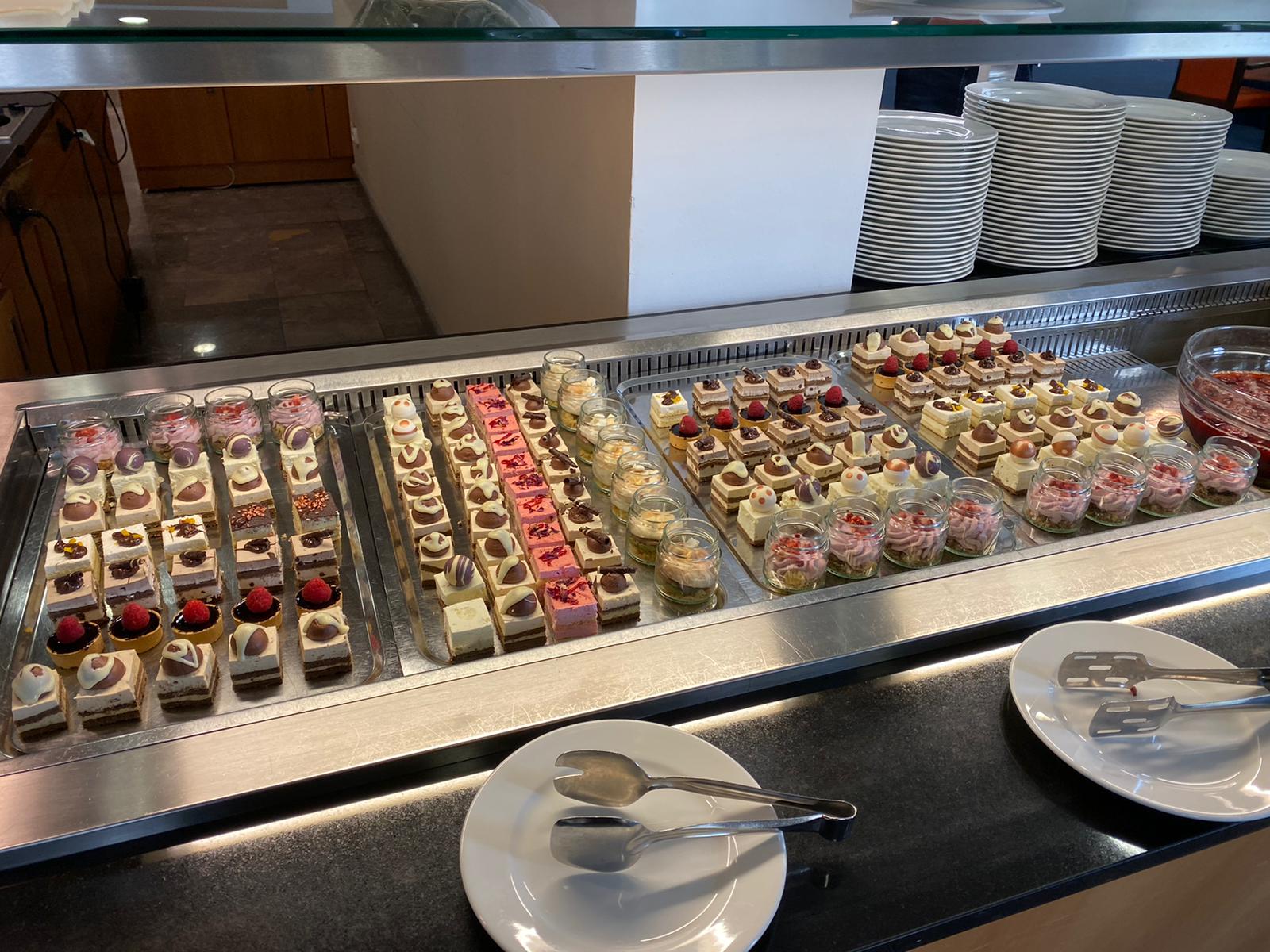
Culinary delights
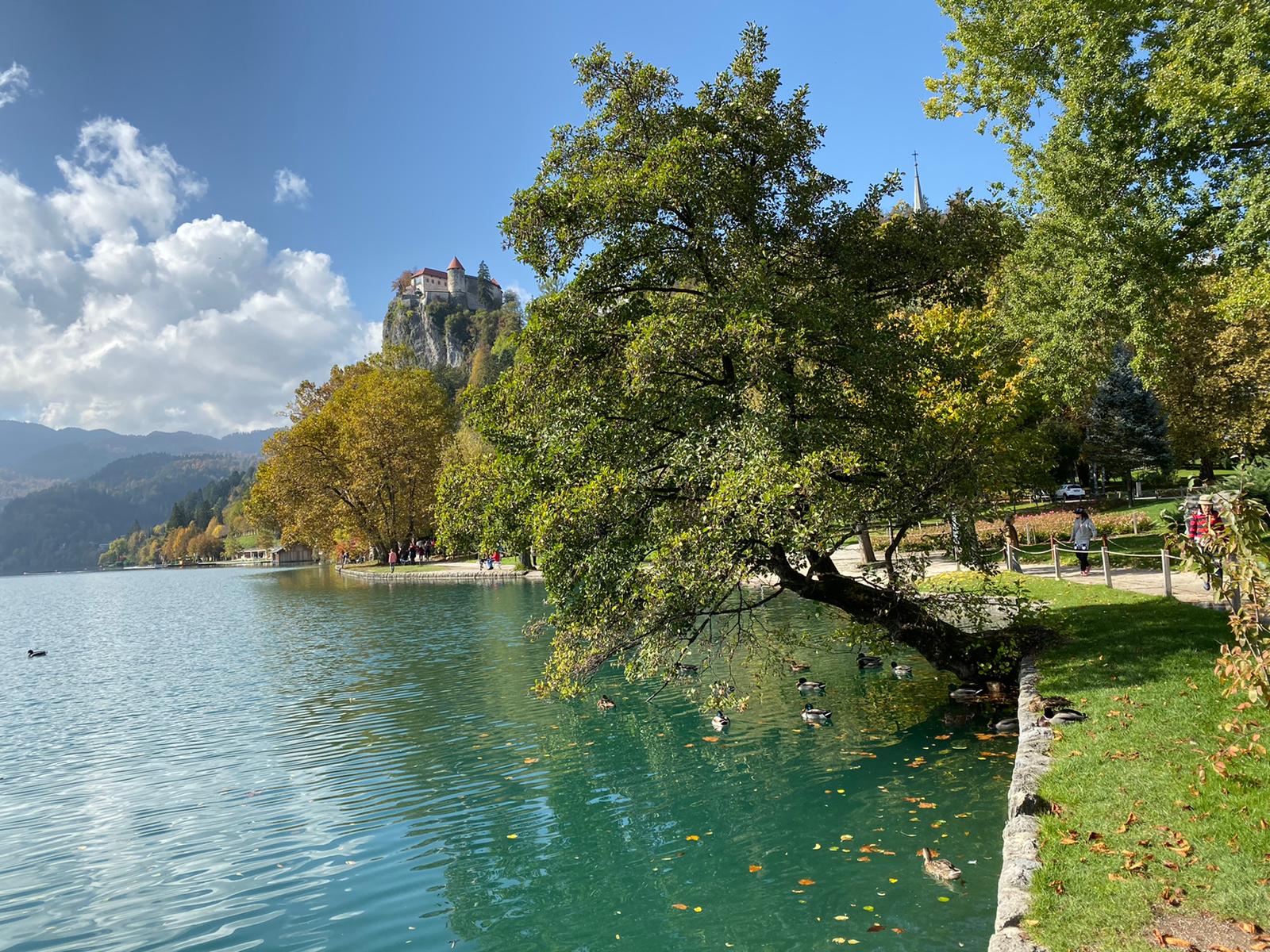
Impressive scenary








